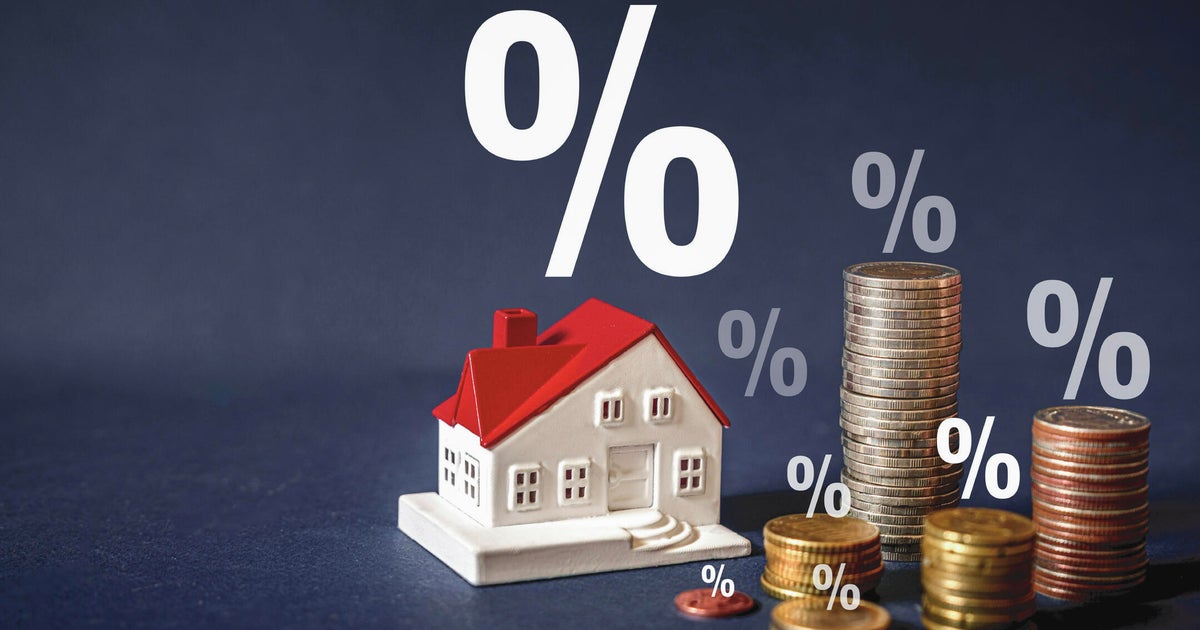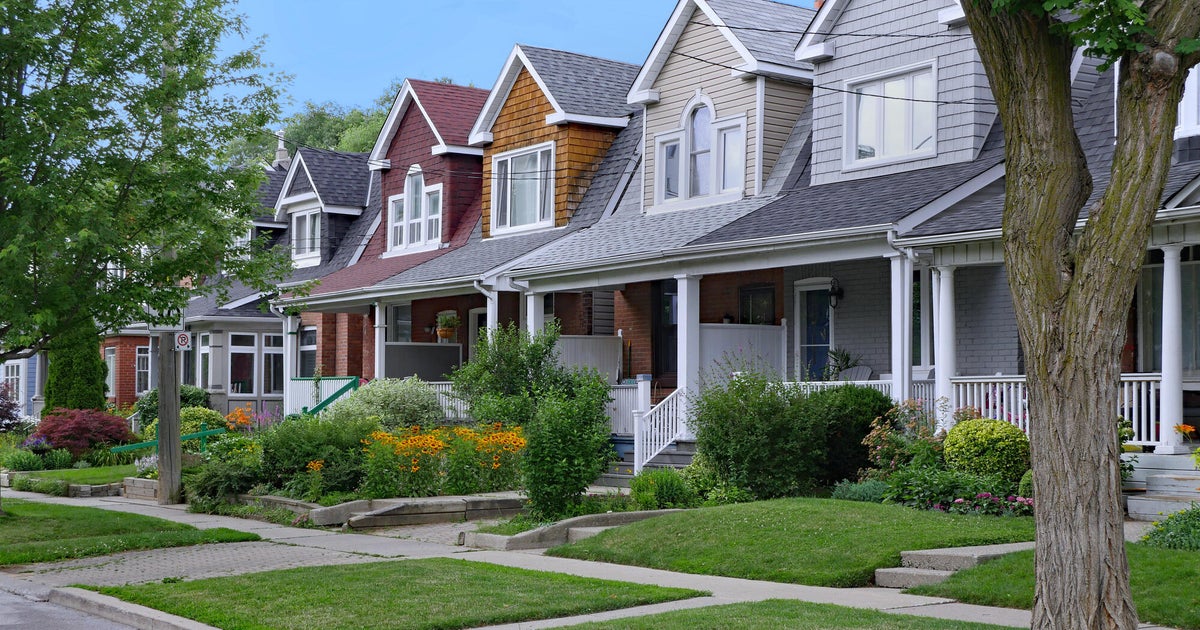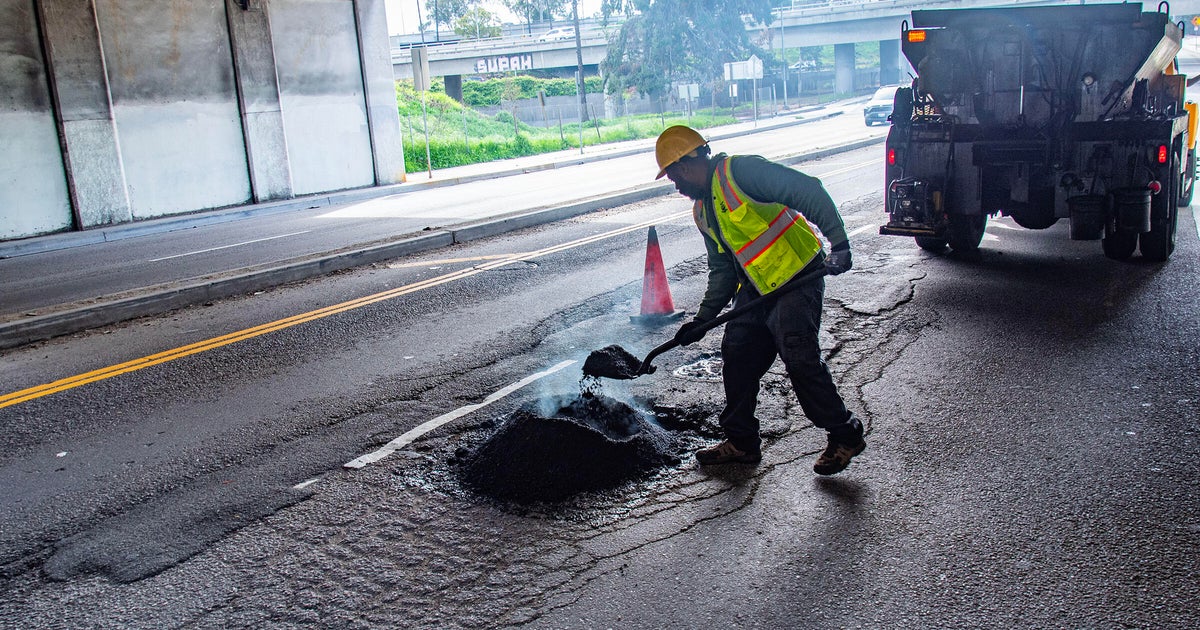When to use home equity for spring repairs (and when not to), according to experts
Borrowing money for home repairs and other projects this spring can be very expensive. For example, if you take on debt via a 24-month personal loan, you can expect to pay an average interest rate of 12.49%, according to the Federal Reserve. Credit cards charge even higher rates at an average of 21.47% currently.
One way to borrow money at a typically lower rate than credit cards or personal loans is to tap into your home equity with a home equity loan or home equity line of credit (HELOC). However, there are pros and cons to borrowing against your home equity to finance spring repairs, and you might find that certain situations make this financing more feasible than others.
Learn more about the best home equity loan rates you could qualify for here.
When to use home equity for spring repairs, according to experts
Tapping into your home equity can provide several benefits, like saving money on interest charges in the long run and improving your home. Some specific situations to consider using home equity for spring repairs include:
Lowering your taxes
If you can find a way to borrow against your home equity in a way that lowers your total tax liability more than the cost of borrowing, that could be worth it. Through 2025, interest on home equity loans and HELOCs may be deductible if used for making substantial improvements to your home, provided that you meet other stipulations.
"Whether you're boosting potential resale value or enhancing your home, using home equity for repairs is a great choice, capitalizing on lower interest rates in comparison to unsecured consumer loans, and potential tax deductions," says Kelly Miskunas, head of capital markets at Better.
That said, tax considerations are not one-size-fits-all.
"Remember to seek personalized tax advice tailored to your financial circumstances," says Miskunas.
Compare today's best home equity borrowing options online now.
Improving energy efficiency
Home equity funds could also be beneficial when put toward making energy-efficient upgrades to your home. Doing so could help you lower monthly utility bills, says Karl Jacob, CEO at LoanSnap.
Also, energy efficiency upgrades like adding solar panels and batteries "have substantial tax rebates," says Jacob. "It's definitely worth checking the federal and state rules on this."
Doing important maintenance
Your home equity can also be useful for affording maintenance issues that save you money or boost your home's value overall.
"Ignoring items that need repair can turn a small repair into a major, costly project," says Michael Micheletti, chief communications officer at Unlock Technologies.
Home equity financing can also help you afford the required maintenance.
"Taking care of needed repairs also is part of most homeowners' association regulations; many will impose fees if repairs are not attended to in a timely manner," says Micheletti.
When to not use home equity for spring repairs, according to experts
While using home equity for spring repairs is often helpful, not every homeowner benefits from this borrowing. Consider alternatives when:
You don't have a clear repayment plan
Tapping into your home equity might help you afford the upfront cost of home renovations, but if you don't have a clear repayment plan, you're risking a lot.
"When you get a home equity loan or HELOC, it's important to remember that the loan you're obtaining is secured by your home as collateral. That means if you do not make timely payments on your loan, the lender has the right to foreclose," says Miskunas.
So, make sure you know what you're getting into ahead of time.
"If you don't have a plan to repay the loan, don't take the loan," says Jacob.
You have significant high-interest debt
If you have a lot of existing high-interest debt, you might be better off taking care of that first, before making repairs or upgrades to your home. Rather, you might use home equity financing for debt consolidation instead, which could lower your monthly payments.
"If you have a lot of high-interest debt, like credit cards, use the loan to pay those off before you consider home improvements. We generally advise that you first reduce your debt payments as much as possible since you can then use the extra cash to make the improvements and save money for the long run," says Jacob.
You're planning to move soon
If you're not going to keep your home for a while, it might not be worth going through the cost and effort of taking out a home equity loan and living through home improvement projects. Instead, you might let the next buyer deal with repairs.
"For most repairs, the price can be negotiated into the sale of the home," notes Micheletti.
The bottom line
Tapping into your home equity can be a great way for many homeowners to afford home improvements this spring, and there are several ways to go about this borrowing. While home equity loans and HELOCs are popular options, some homeowners find that a cash-out refinance works best, such as if you have the ability to lower your overall mortgage rate. Also, some seniors might prefer taking out a reverse mortgage instead so they don't have to pay back the loan while living in the home.
That said, borrowing against your home equity isn't without risk. You want to make sure you can afford repayments or understand that it can affect your proceeds if selling your home — or if you move out, in the case of reverse mortgages.






